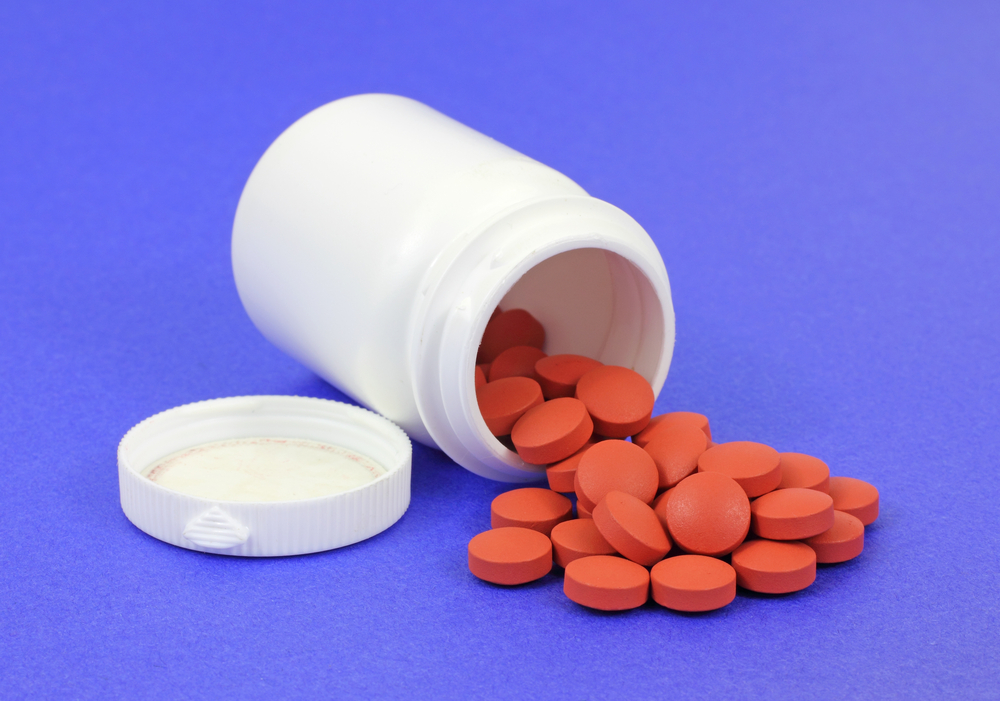How High Doses of Ibuprofen May Impact Male Infertility

Men who take relatively high doses of ibuprofen may be at increased risk for fertility problems, early research suggests.
The small study, which was published yesterday (Jan. 8) in the journal Proceedings of the National Academy of Sciences, found that men who took 1,200 milligrams of ibuprofen a day for six weeks developed a hormonal condition that is linked with reproductive problems.
However, because the study is small, more research is needed to confirm the results. It's also not clear whether the same hormonal effects would be seen in men taking lower doses of ibuprofen, or whether the effects are reversible, particularly in men who take ibuprofen for long periods, study co-author Bernard Jégou, director of the National Institute for Research on Environmental and Occupational Health in France, told CNN. Still, over the short term, it's likely that these effects are reversible, Jégou said. [Trying to Conceive: 12 Tips for Men]
The study involved 31 men (ages 18 to 35) who were randomly assigned to take ibuprofen (two doses of 600 mg each) or a placebo every day for six weeks.
The researchers found that, compared with the placebo group, the men who took ibuprofen experienced a 23 percent increase in levels of luteinizing hormone (LH) — a hormone that's secreted by the pituitary gland and stimulates the production of testosterone — after two weeks. Higher-than-normal levels of luteinizing hormone can indicate a problem with the testes, according to the National Institutes of Health.
However, despite the change in LH levels, the men's testosterone levels didn't change. This indicates that they had developed a condition called "compensated hypogonadism," which happens when testosterone production is reduced, but the body is able to compensate by increasing LH levels, the researchers said.
Compensated hypogonadism is typically found in older men, and it is linked with impaired fertility, according to the study.
Sign up for the Live Science daily newsletter now
Get the world’s most fascinating discoveries delivered straight to your inbox.
Separate experiments in the study using human testicular tissue in a lab dish also suggested that ibuprofen could affect testosterone production.
It's important to note that the study did not look at sperm production or other more direct indicators of the men's fertility, so further studies would be needed to examine this, the researchers said.
People who take over-the-counter ibuprofen tablets for pain or fever should not take more than 1,200 mg per day unless directed by a doctor, according to Medscape. For example, the makers of Advil, which contains ibuprofen, recommend that people do not take more than 1,200 mg (or six 200-mg pills) in a 24-hour period.
Original article on Live Science.

Rachael is a Live Science contributor, and was a former channel editor and senior writer for Live Science between 2010 and 2022. She has a master's degree in journalism from New York University's Science, Health and Environmental Reporting Program. She also holds a B.S. in molecular biology and an M.S. in biology from the University of California, San Diego. Her work has appeared in Scienceline, The Washington Post and Scientific American.











